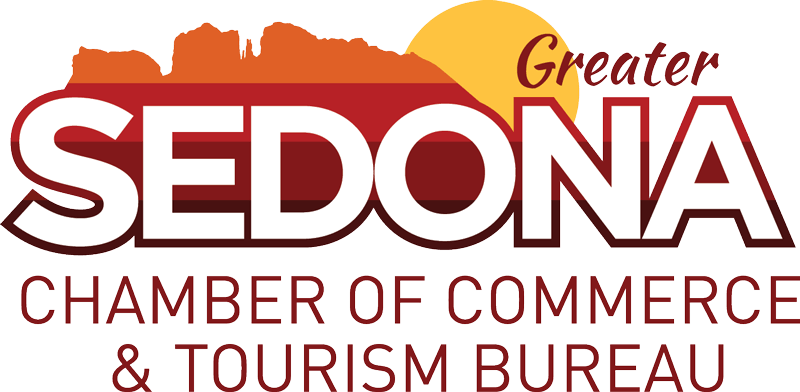Fight Against Human Trafficking
THIS ARTICLE APPEARS IN THE RED ROCK NEWS
January 26, 2024
 Human Trafficking has become a significant issue surrounding the Verde Valley and it’s something that Sedona’s businesses and hoteliers need to be aware of.
Human Trafficking has become a significant issue surrounding the Verde Valley and it’s something that Sedona’s businesses and hoteliers need to be aware of.
Recently at a Sedona Lodging Council meeting, Ashlynn Rooney, program director of SAFE (Safeguarding All From Exploitation) with the Arizona Anti-Trafficking Network (AATN) presented their Safe Action Project, which includes training and educating the travel, tourism and hospitality industries on how to recognize and report human trafficking.
According to the AATN, the same forces that fuel tourism in Arizona also support human trafficking — beautiful weather, multiple interstate highways, proximity to the U.S. border, short driving distance to Las Vegas or California, a major conference destination and the fact that Arizona is home to many professional sporting events.
The statistics of human trafficking are staggering. 35% of homeless youth report being sex trafficked in Arizona and 57% of victims were trafficked in hotel rooms. The average age of a child first forced into sex trafficking is around 14 years old (eighth graders) and young boys and teenagers make up approximately 12-14% of the market.
Human trafficking encompasses crimes involving forced labor and/or sex trafficking. According to the U.S. Department of State, there are an estimated 27.6 million trafficking victims worldwide at any given time. Traffickers prey on the vulnerable, often with promises of a better life. Risk factors for trafficking include prior history of abuse or sexual violence, generational trauma, poverty, unemployment and unstable living situations, or homelessness.
Arizona is a zero-tolerance state for any form of human exploitation. Governor Katie Hobbs declared January as Human Trafficking Prevention Month to raise awareness and identify opportunities to expand service and prevention efforts that support survivors and victims of human trafficking in communities statewide.
Cities in Arizona are taking action. According to Michelle Rucker, the director of the Arizona Anti-Trafficking Network (AATN), Cities Empowered Against Sexual Exploitation (CEASE) Program, training helps to equip cities with the knowledge and tools they might need to recognize and effectively combat sex trafficking and sexual exploitation in their area.
“One thing to really understand about human trafficking is that these victims have absolutely no control over their life. They are looked at as property they’re not looked at as people,” Rooney stated.
Everyone has a role to play, and it takes the entire community to work together. The SAFE Action Project educates on human trafficking, what signs to look for, the difference between smuggling and human trafficking, who’s at risk, and how you can recognize if someone is a victim.
Several hoteliers in Sedona have already utilized the SAFE training program to educate their staff. Rooney says she will accommodate any business who is interested in the program and educating their employees.
AATN has several online courses available both in English and Spanish which includes housekeeping and front desk training as well as other educational resources. For more information, visit aatn.org.
If you suspect human trafficking, contact the Arizona Human Trafficking Tip Line at 1-877-4AZTIPS or 9-1-1.
–Michelle Conway Kostecki, President/CEO
Sedona Chamber of Commerce & Tourism Bureau

